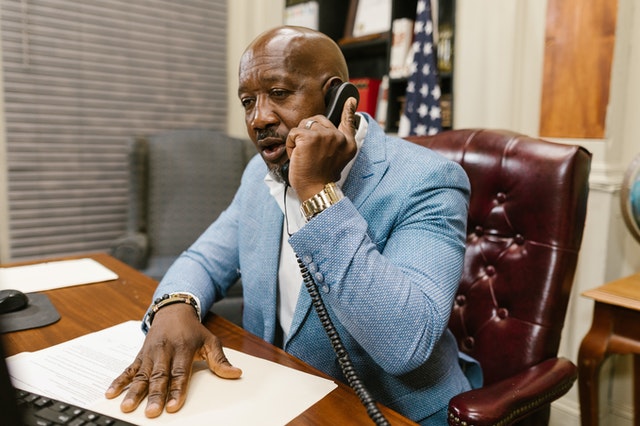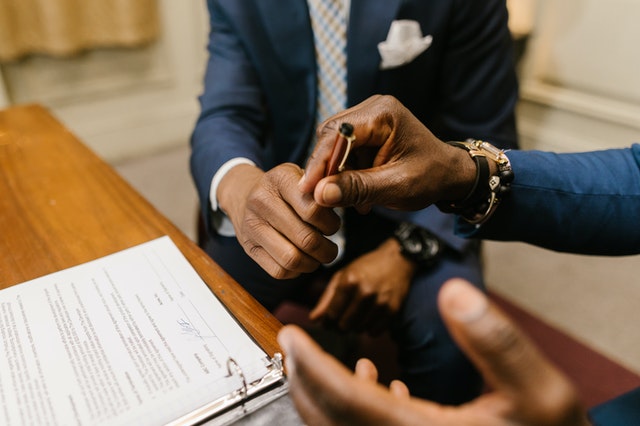
Just like doctors, attorneys are categorized depending on their area of specialization. There are tax, family, defense, constitutional, and criminal lawyers Melbourne. Therefore, you choose a legal professional depending on the case you are facing.
Many people need legal assistance in various aspects of their lives. This is because professionals help streamline situations in legal matters. And since plenty of cases appears every day, there are professionals to handle each one. This article is focusing on criminal lawyers in Melbourne. Read on to find out how these professionals work.
Who are criminal lawyers Melbourne?
Criminal lawyers in Melbourne are attorneys who specialize in this field and are based locally. When offenses occur, people seek out criminal lawyers Melbourne to help them figure out their next course of action. This area follows all the rules and procedures of the cases, in and out of court.
Legislation is against immoral behavior that would pose a threat to the public and its property. Therefore, if someone is involved in a murder case, terrorism, theft and arson, laundering, etc., they will need a legal professional to handle the situation.
Justice doesn’t favor the offender. It helps to control the actions of citizens and make them recognize the repercussions that follow their actions. That’s why you will hear of punishments and rehabilitation of offenders and everyone who goes against the laws.
Divisions of legal professionals
This field is also quite broad. This is because the cases vary, and so does the approach. That is why you will find legal professionals dealing with minor offenses while others tackle the greater ones. However, we have gathered the duties and responsibilities of criminal lawyers Melbourne to help you know which one suits your particular case.
Defense

In cases where someone is suspected to have committed a crime or charged, a defense attorney is ideal. They ensure the suspected or charged individual gets a fair trial by taking on their case in court. Below are the most common duties of criminal lawyers Melbourne.
During all the stages of the prosecution, a defense attorney will represent their defendants until their case reaches the court. They will then act as the advocate of the case and present it in court.
Responsibilities
- Advise clients on their next course of action through the phone or face-to-face.
- Review the documentation that relates to the offense and case.
- Research, plan, and investigate, all to help a particular case.
- Visit prisons and police posts to coordinate with defendants.
- Draft legal documents for the case.
- Come up with a comprehensive, precise, and captivating defense for the defendant.
Duty
Duty solicitors are experts representing suspects to a crime who cannot access a legal professional. The suspects may either be in jail or police custody. In this case, criminal duty lawyers in Melbourne work pro-bono (the defendant doesn’t pay). This is because the Legal Services Commission caters to the payments.
These types of criminal lawyers Melbourne are not court or police force’ employees. They work for a panel of legal representatives to defend the legal rights of the accused.
Responsibilities
- Defend the legal rights of the accused
- Communicate on the case proceedings and results
- Guide and advise the defendant
- Discuss the strength of the available evidence
- Propose the evidence available and interview the witnesses
- Solicit for a fair hearing when the case reaches the courts
Prosecution
A prosecution attorney presents a case against the offender. The criminal lawyers Melbourne can either prosecute the defendant or take the case to court.
Duties
- Evaluate police evidence and decide on how to progress the case
- Work together with caseworkers and administrative personnel.
- Liaise with the police and other law enforcement organizations
- Communicate with the victims of the crime
- Ensure fair treatment of offenders
- Present the case against the defendant in court.
- Advise and instruct the counsel of the court.
